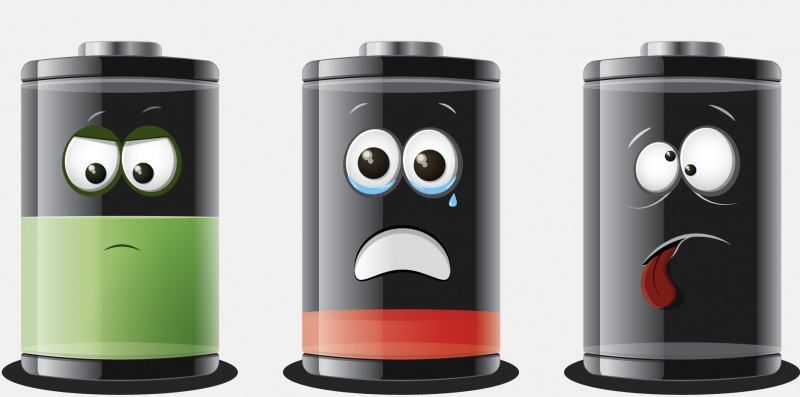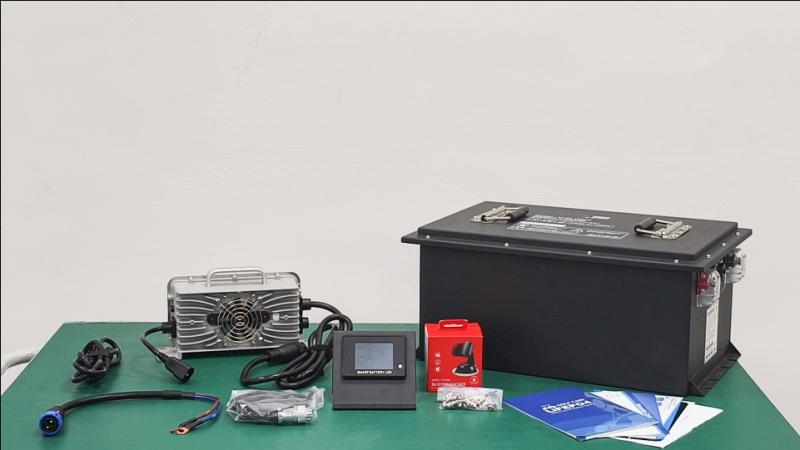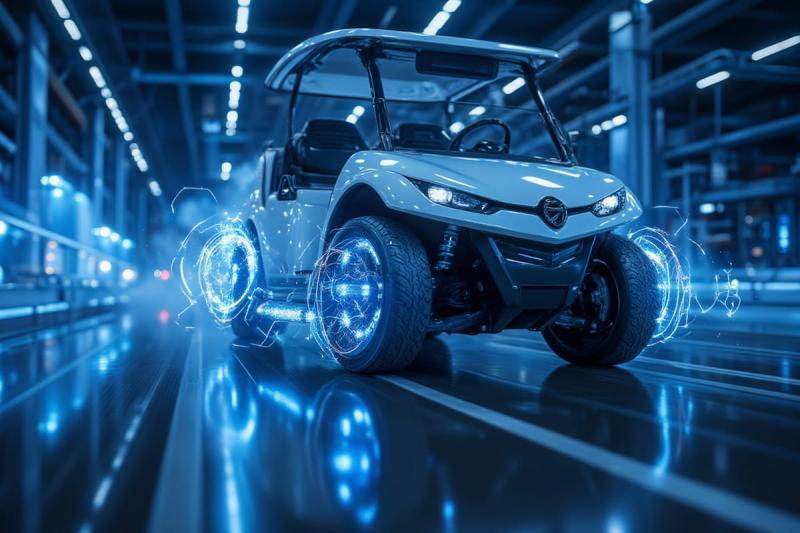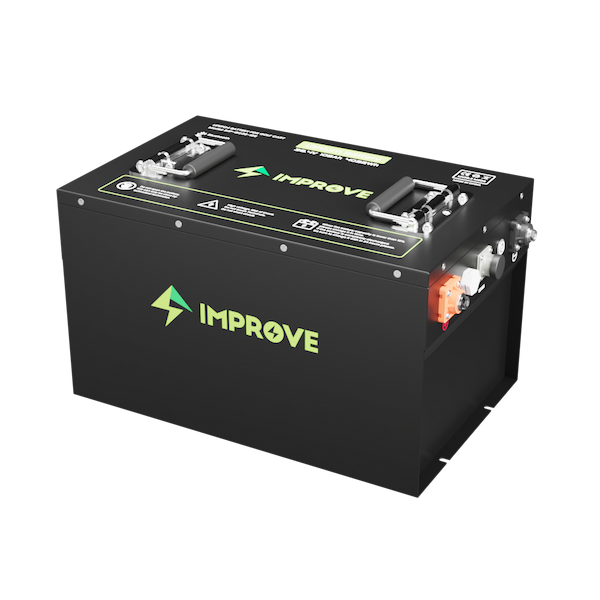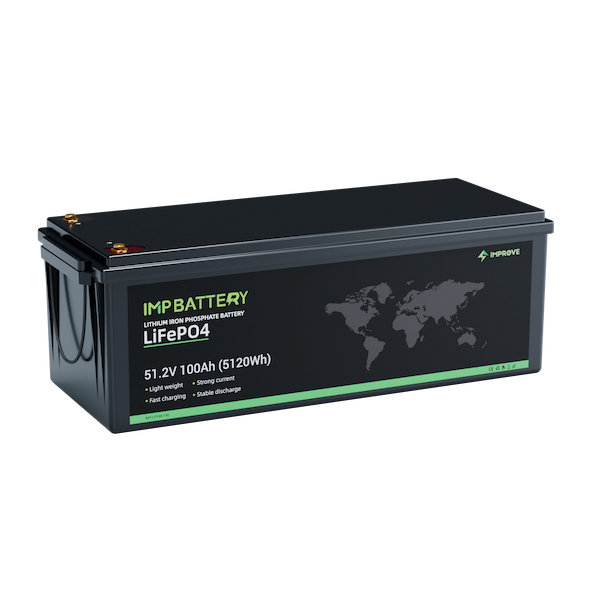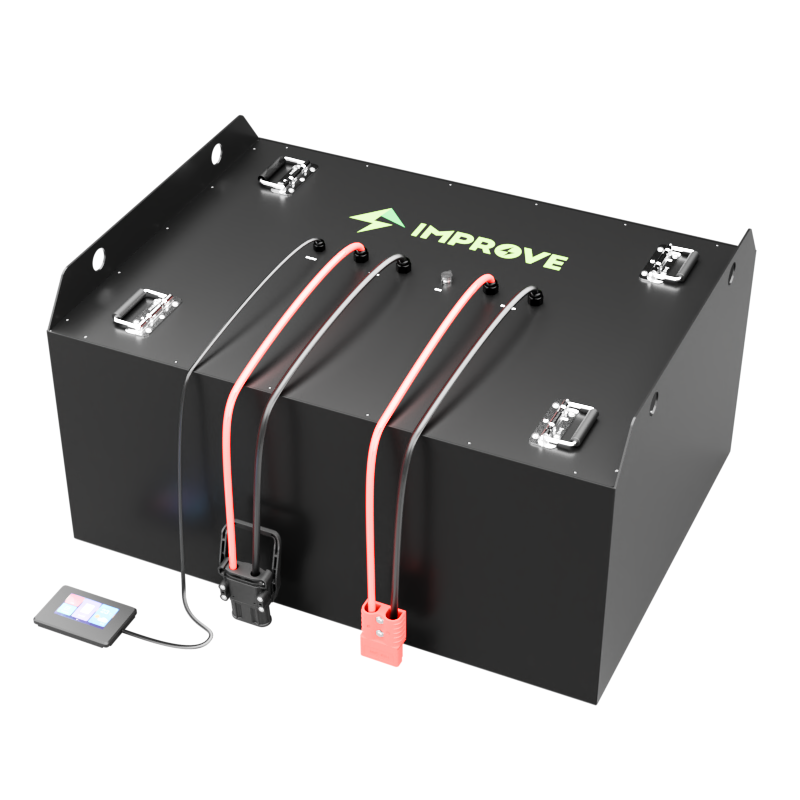What are the main factors affecting the service life of lithium iron phosphate batteries?
1. Charging:
When choosing a charger, it is best to use a charger with proper charging termination devices (such as anti-overcharge time device, negative voltage difference (-dV) cut off charging, and anti-overheating induction device), so as not to shorten the battery life due to overcharging. Generally speaking, slow charging can extend the life of the battery more than fast charging.
2. Discharge:
- The depth of discharge is the main factor affecting the life of lithium iron phosphate batteries. The higher the depth of discharge, the shorter the life of the battery. In other words, as long as the depth of discharge is reduced, the life of the battery can be greatly extended. Therefore, we should avoid overdischarging batteries to extremely low voltages.
- When the battery is discharged at high temperature, the service life of the battery will be shortened.
- If the designed electronic equipment cannot completely stop all current, if the equipment is not used for a long time without taking out the battery, the residual current will sometimes cause excessive consumption of the battery, resulting in over-discharge of the battery.
- When using batteries of different capacities, chemical structures or different charging levels, as well as old and new batteries, the batteries will be discharged too much, and even reversed charging will occur.
3. Save:
If the battery is stored at high temperature for a long time, the electrode activity will be attenuated and the service life will be shortened.
Can the battery be stored in the appliance after it is used up or if it is not used for a long time?
If the electrical appliance will not be used for a long period of time, it is better to take the battery out and put it in a low temperature and dry place. If not, even if the electrical appliance is turned off, the system will still make the battery have a low current output, which will shorten the battery life.
What is the best condition for the battery to be stored? Does the battery need to be fully charged for long-term storage?
According to the IEC standard, the battery should be stored at a temperature of 20℃±5℃ and a humidity of (65±20)%. Generally speaking, the higher the battery storage temperature, the lower the capacity remaining rate, and vice versa, the best place to store the battery when the refrigerator temperature is 0℃-10℃, especially for the primary battery. On the other hand, even if the secondary battery loses its capacity after storage, it can be recovered by recharging and discharging several times.
In theory, there is always a loss of energy when a battery is stored. The inherent electrochemical structure of the battery itself determines the inevitable loss of battery capacity, mainly due to self-discharge. Usually the magnitude of self-discharge is related to the solubility of the cathode material in the electrolyte and its instability (easy self-decomposition) after heating. The self-discharge of rechargeable batteries is much higher than that of primary batteries.
If you want to store the battery for a long time, it is best to keep it in a dry and low temperature environment and let the remaining battery power be around 40%. Of course, it is best to take the battery out and use it once a month, which can not only ensure a good state of preservation of the battery, but also prevent the battery from being completely drained and damaged.


